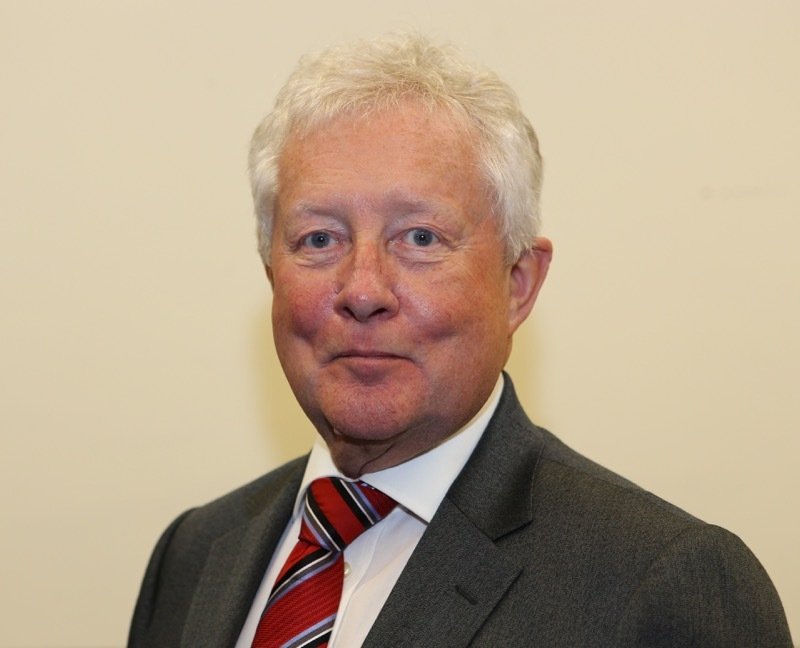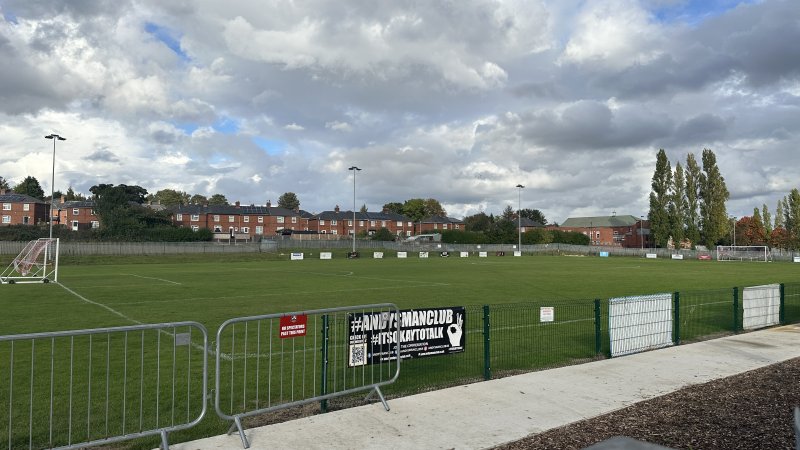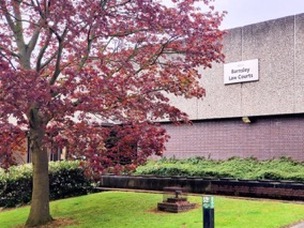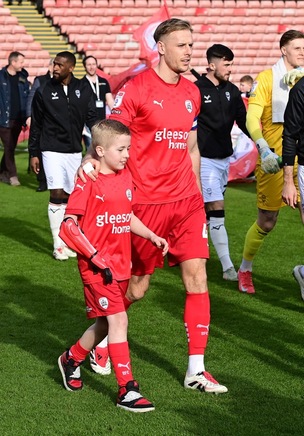CHILDREN looked after by Barnsley Council struggled to meet the expected learning standards last year, the latest figures have revealed.
New Department for Education figures suggest six of the 17 key stage two children looked after by Barnsley council for the year to March 2024 met the expected standard in reading, writing and mathematics last academic year.
Across England, just 34 per cent of children in care who took the exam met these learning standards.
It is significantly lower than the overall pupil population, where 61 per cent met the expected standard.
The DfE said there is a larger prevalence of pupils with a special educational need in children in care, which they explained accounts for some of the difference in attainment compared to the overall pupil population.
Sarah Hannafin, head of policy for school leaders’ union NAHT, said vulnerable children, including those in care, often need ‘more intensive resources and targeted help’, and called on the government to invest in schools and education to ensure resources are available to support these children.
She added: “It’s also important to recognise that it’s not only schools who have a role to play in supporting children in care.
“All the services that sit around the child need to be playing their part including health and social care.
“Again, the government needs to ensure that these services are properly funded and resourced, to ensure a child gets all the care and support they need so they can learn.”
Coun Arooj Shah, chair of the Local Government Association’s Children and Young People Board, added: “Councils want to ensure that the children in our care get the very best support and education to enable them to thrive.
“For children in care, instability and traumatic life experiences can have a significant impact on their education.
“It is vital that for all children in care, we are able to provide the holistic support that they need to cope with earlier trauma, and the educational support including for special educational needs and disabilities that can help them thrive.”
She added the government should ensure local authorities receive sufficient resources to further support children in care, saying this will enable councils ‘to prevent more children from reaching crisis point and requiring more extensive and costly support later on’.
The Children’s Wellbeing and Schools Bill, which was introduced in December and will have its second reading in the House of Lords on May 1, seeks to amend the Children Act 1989 to require local authorities to further support the educational outcomes of children in care.
A DfE spokesperson said: “Through our Plan for Change, this government will break the unfair link between background and success.
“We are already taking swift action to improve these children’s life chances through our landmark Children Wellbeing and Schools Bill which will help prevent children falling through cracks in the system and make sure they receive the support they deserve.
“We’re also ensuring thousands more families will have the support of a specialist worker who can make sure they receive all the help they need from parenting to mental health or addiction support, by doubling council funding for early intervention from this year enabling more families to thrive together.”
Coun Trevor Cave, cabinet spokespeson for children’s services, added: “We are committed to ensuring that all children and young people in Barnsley have the opportunity to excel and achieve their best results at school.
“Since last year, we have implemented several initiatives to support our students. These include weekly student check-ups, weekly one-to-one meetings with the Education Advocates to support their work, in-school visits, Virtual School clinic sessions, bespoke training for schools and staff, and comprehensive wider support.
“Additionally, we have set specific funded targets within the Personal Education Plan to ensure our students receive the best possible resources and guidance.”






























